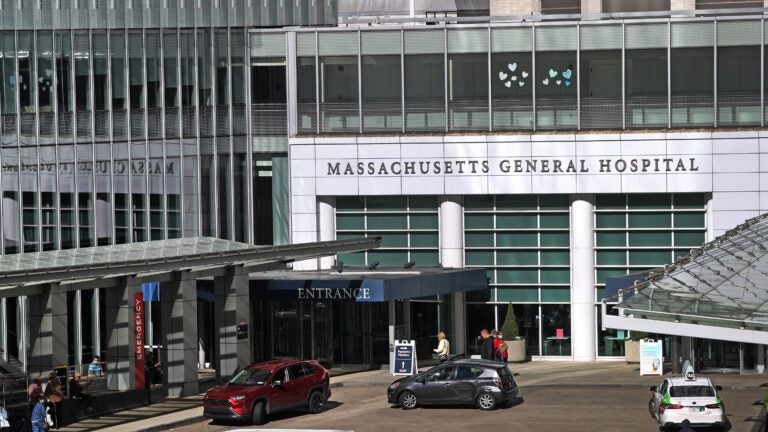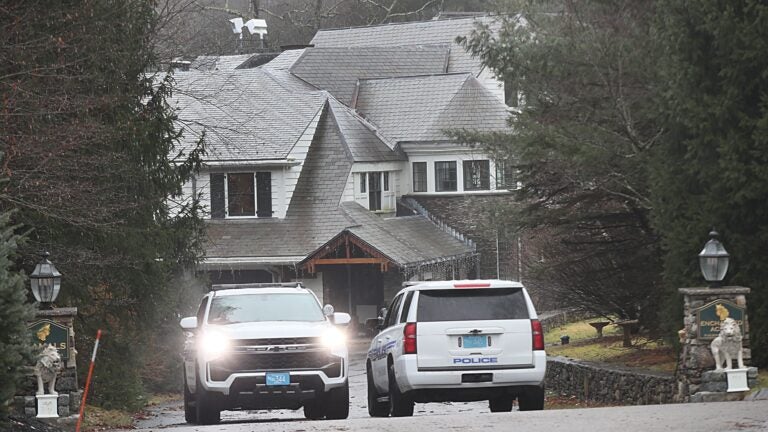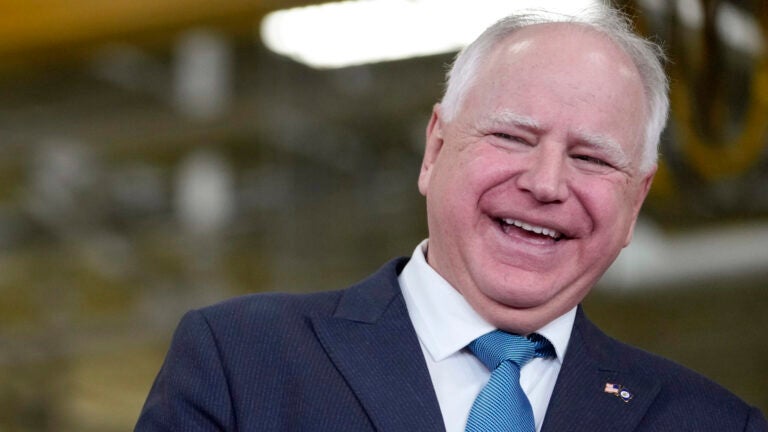Newsletter Signup
Stay up to date on all the latest news from Boston.com

As state officials issue a warning about high occupancy levels in hospitals and workforce shortages, multiple health insurance providers are agreeing to waive prior authorizations for certain admissions.
Health and Human Services Secretary Kate Walsh sent a memo to officials on Jan. 9 outlining the situation. Issues like a “significant” shortage of health care workers, a lack of space in hospitals, and the circulation of COVID alongside RSV and the flu prompted the changes.
Walsh’s office requested “temporary operational and practice flexibilities to mitigate the impacts of this significant surge,” and there has been support for the measures by “respective membership organizations.”
Hospitals agreed to “commence discharge planning and care coordination as early as practicable in the admission and ensure that patients are discharged as early as prudent in the day,” according to the memo.
Some patients in hospital beds are ready to be discharged to rehabilitation facilities, but this can sometimes require a “prior authorization” procedure before insurers will agree to cover the rehab stay, according to the Healey administration. This can cause delays of hours or days before patients can be discharged.
Blue Cross Blue Shield of Massachusetts and members of the Massachusetts Association of Health Plans agreed to voluntarily waive prior authorization beginning Jan. 9 and ending April 1, according to the memo. This will apply to admissions “from acute care hospitals to sub-acute care facilities and rehabilitation facilities across commercial, Medicaid, Medicare, and Medicare Advantage lines of business.” It does not apply to long-term or custodial admissions.
The Executive Office of Health and Human Services confirmed the changes Wednesday.
“Due to rising cases of respiratory illness, EOHHS implemented these measures to ensure people are getting the care they need while reducing strain on the healthcare workforce. We encourage everyone to get vaccinated against respiratory viruses like RSV, COVID and flu in order to reduce the severity of illness.” a spokesperson said in a statement to Boston.com.
Nursing facilities also agreed to extend their hours to accept admissions Monday through Saturday “at a minimum,” according to the memo, and they will “continue capacity-building efforts to accommodate admissions 24/7.”
These measures can be put in place when cases of respiratory illnesses increase and impact hospital capacity. They were also implemented last winter.
Hospitals are being directed to “seek innovative ways to improve their staffing plans with a goal to fully staff all licensed adult medical/surgical beds,” according to the memo.
Staffing shortages have been an ongoing problem for hospitals. A $38 million investment by Bloomberg Philanthropies will aim to fill those gaps by allowing the Edward M. Kennedy Academy for Health Careers to gradually double its enrollment and offer three more health care career tracks.
Boston Mayor Michelle Wu and Superintendent Mary Skipper joined other leaders in announcing that investment Wednesday.
Stay up to date on all the latest news from Boston.com





Stay up to date with everything Boston. Receive the latest news and breaking updates, straight from our newsroom to your inbox.
Conversation
This discussion has ended. Please join elsewhere on Boston.com